The Truth about Climate Anxiety and How to Address It
Climate anxiety can be an isolating feeling. But the good news is, you’re not alone – and there are ways to find hope even when it might feel like there’s none left.
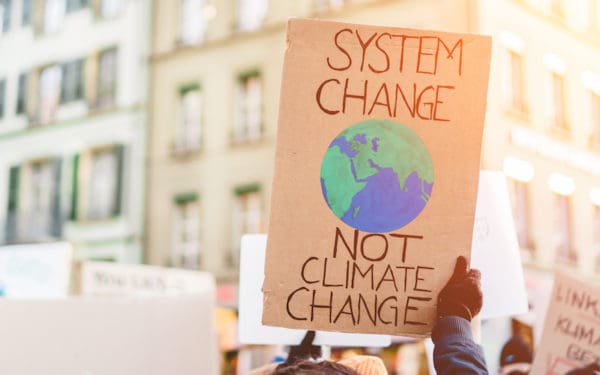
Climate anxiety can be an isolating feeling. But the good news is, you’re not alone – and there are ways to find hope even when it might feel like there’s none left.

The climate crisis threatens our lives, economy, land, air, and water. The actions we take between now and 2030 will shape New England’s future and that of our children and grandchildren. Every year, every month, and every day count. With nearly 60 years of success tackling the toughest environmental challenges, Conservation Law Foundation understands the… Continue reading Conservation Matters Spring 2024: Impact Report
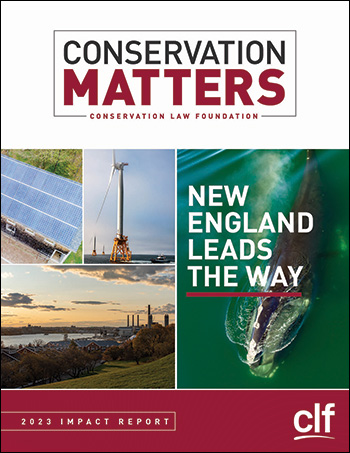
New England’s last two coal-fired power plants will close by 2028 and the region will finally be free of this polluting, toxic, climate-changing fuel.
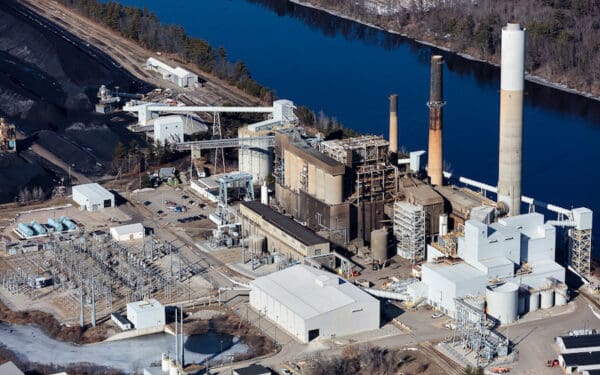
“The end of coal in New Hampshire, and for the New England region as a whole, is now certain and in sight,” said Tom Irwin, Vice President Conservation Law Foundation in New Hampshire. “Now we must vigorously push for the phaseout of other polluting fuels like oil and gas. New England is positioned to be a leader in building a future where our energy comes from 100% clean sources, and fossil fuels no longer pollute the climate and threaten the health of our communities.”

The carbon footprint concept was a clever marketing tool used by fossil fuel companies to spread the blame on carbon pollution.

The answer boils down to our over-dependence on fossil fuels.
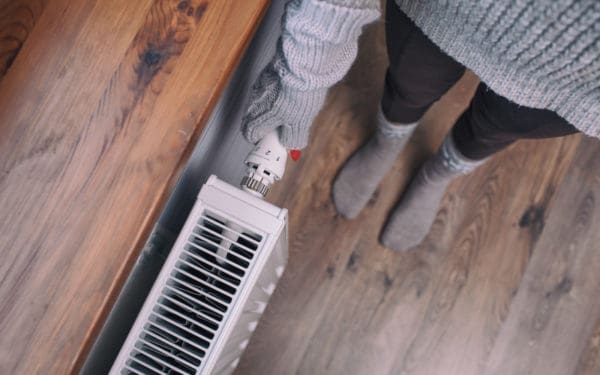
CLF is holding a big polluter accountable while allowing communities to restore contaminated public waters.

CLF is creating climate policies that will dramatically cut carbon emissions, particularly in polluting sectors like transportation.

Climate deniers and fossil fuel interests are quietly fueling an anti-offshore wind misinformation campaign
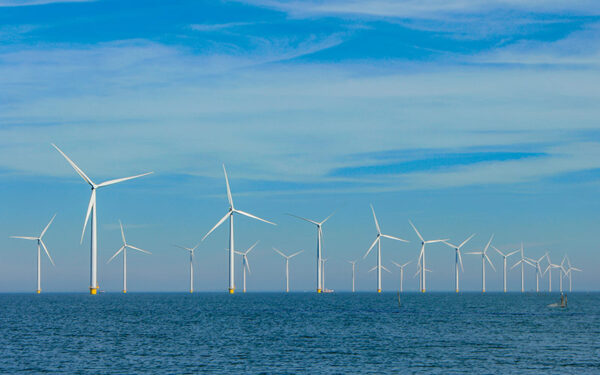
In most states, bottle return programs don’t cover wine bottles. So, our options for recycling them are limited. That means they end up mixed with trash or littering our communities. But there’s a simple solution: expand bottle bills.
